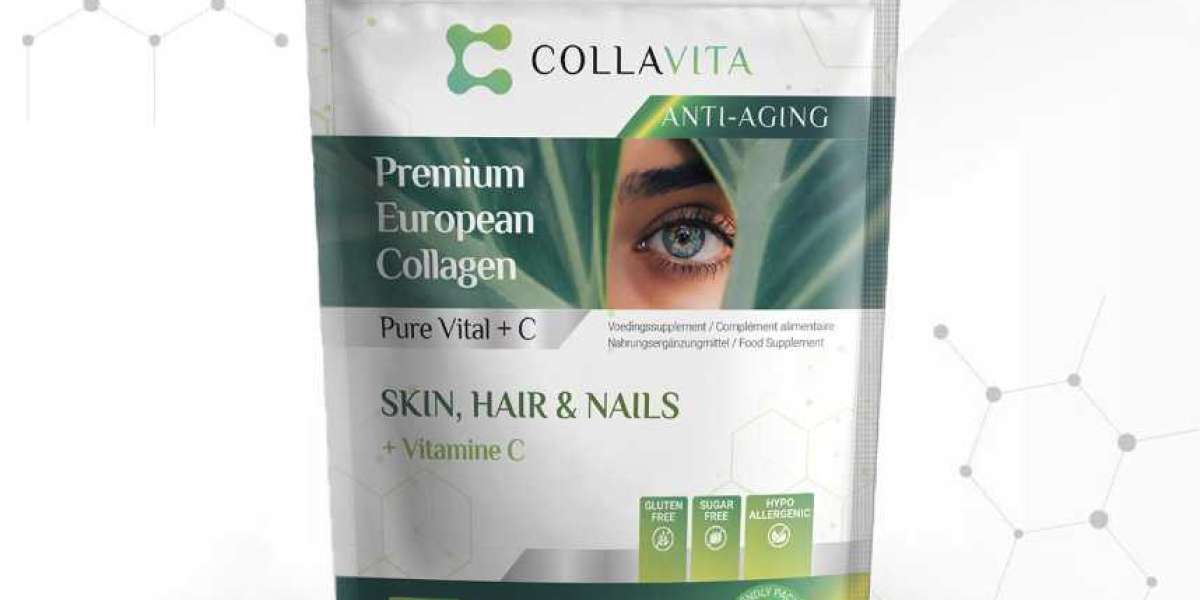Insulin glargine, a long-acting insulin analog, plays a vital role in managing diabetes by ensuring stable glucose control for up to 24 hours. With the global rise in diabetes cases, insulin glargine biosimilars provide a cost-effective alternative to branded products like Sanofi's Lantus, easing the financial burden on both patients and healthcare systems.
Market Outlook for Insulin Glargine Biosimilars
The market for insulin glargine biosimilars is expected to experience significant growth due to the increasing prevalence of diabetes and the demand for affordable treatment options. The International Diabetes Federation (IDF) reported that in 2021, over 537 million adults had diabetes, and this number is projected to rise to 643 million by 2030. This highlights the growing need for accessible, cost-effective treatments. Biosimilars like Semglee, developed by Viatris and Biocon Biologics, have gained considerable traction due to their affordability and similar efficacy to branded insulin glargine.
Competitive Landscape
The insulin glargine biosimilar market is highly competitive, with leading pharmaceutical companies and strategic partnerships working to expand the availability of these treatments globally. Key players in the market include:
- Biocon Biologics and Viatris: Their collaboration launched Semglee, an interchangeable biosimilar to Lantus, offering significant savings for patients and healthcare providers.
- Lupin Pharmaceuticals: Actively advancing its biosimilar portfolio, including insulin glargine, to expand its market presence.
- Eli Lilly and Company: Their biosimilar, Basaglar, has seen widespread adoption in several markets.
New market entrants are utilizing advanced manufacturing methods and regulatory pathways to enter key regions, particularly in Europe and Asia.
Challenges and Opportunities in the Pipeline
Despite the cost benefits, insulin glargine biosimilars pipeline face challenges such as complex manufacturing processes, strict regulatory requirements, and competition from established branded products. However, government policies that promote biosimilars and reimbursement models that support their use offer significant growth opportunities.
Clinical Trials and Future Prospects
Clinical trials for insulin glargine biosimilars are expected to grow in 2024, driven by the rising demand for affordable diabetes treatments. Increasing production capacity and improving patient awareness will help further drive the adoption of biosimilars, making them a key element in global diabetes management.
Recent Reports by DelveInsight:
Pain Management Devices Market
Blood And Fluid Warming Market Cancer Cachexia Market
Vertebral Body Replacement Systems Market
Cardiac Monitoring System Market
Mrna Vaccines Therapeutics Market
Primary Progessive Multiple Sclerosis Market
Balloon Valvuloplasty Device Market
About DelveInsight
DelveInsight is a global leader in market research and consulting, specializing in healthcare and life sciences. Through in-depth market insights, DelveInsight supports pharmaceutical, biotechnology, and medical device companies in making strategic, informed decisions in a competitive marketplace.
Contact Information
Kanishk Kumar
Email: kkumar@delveinsight.com


